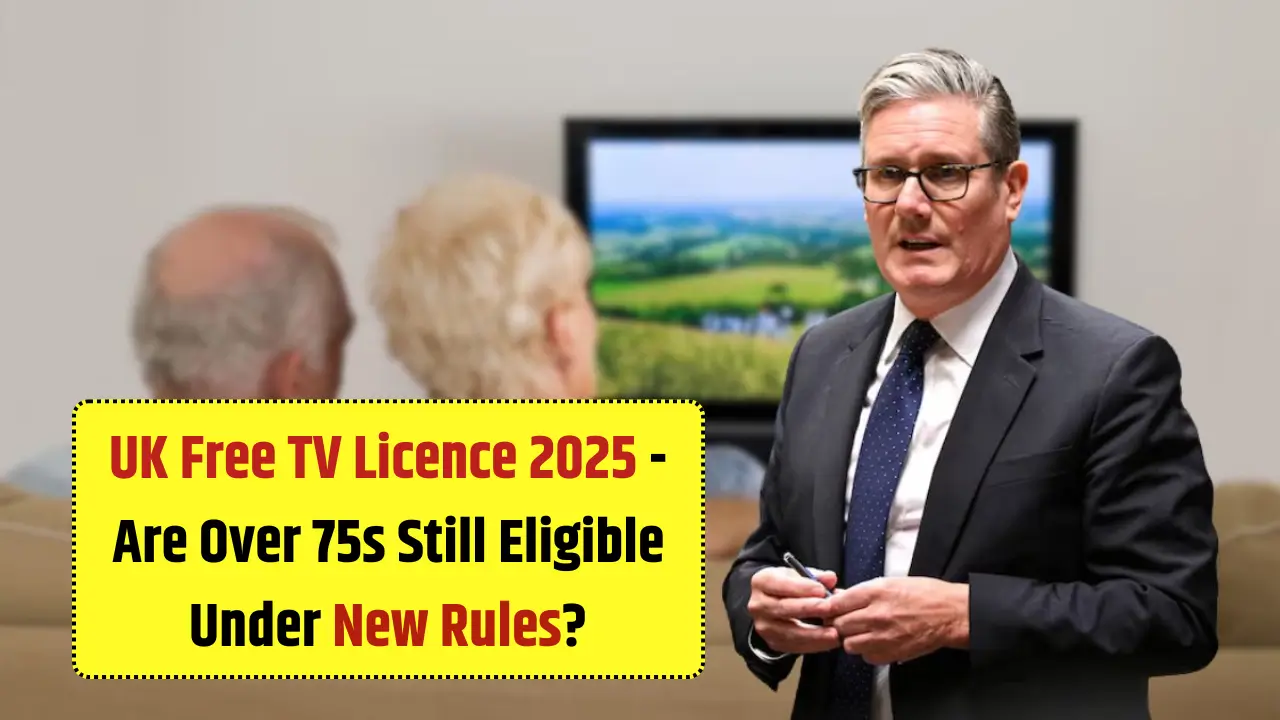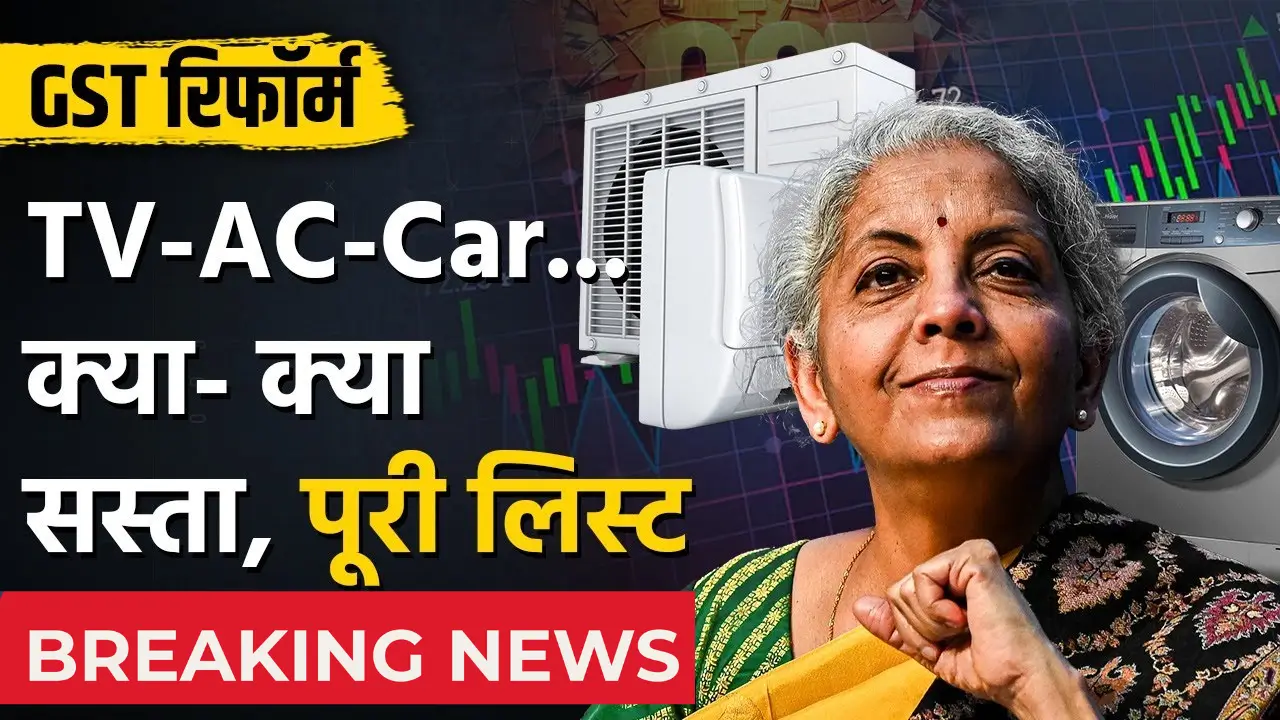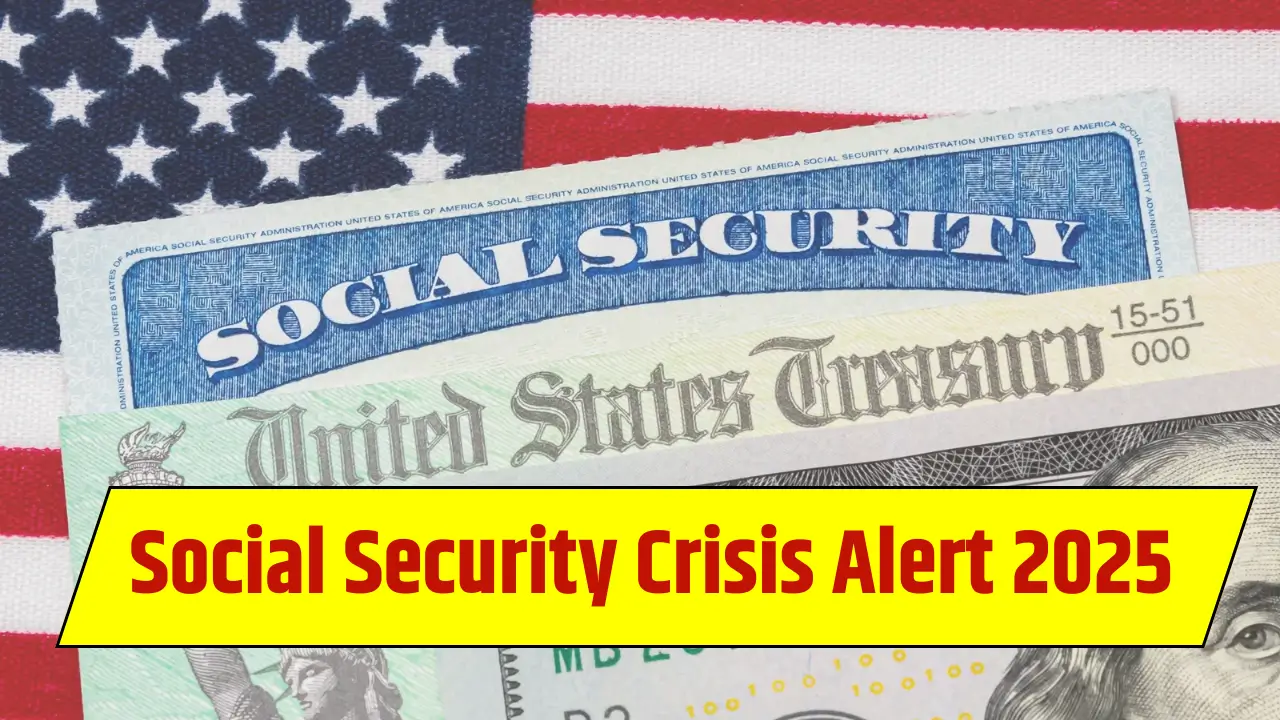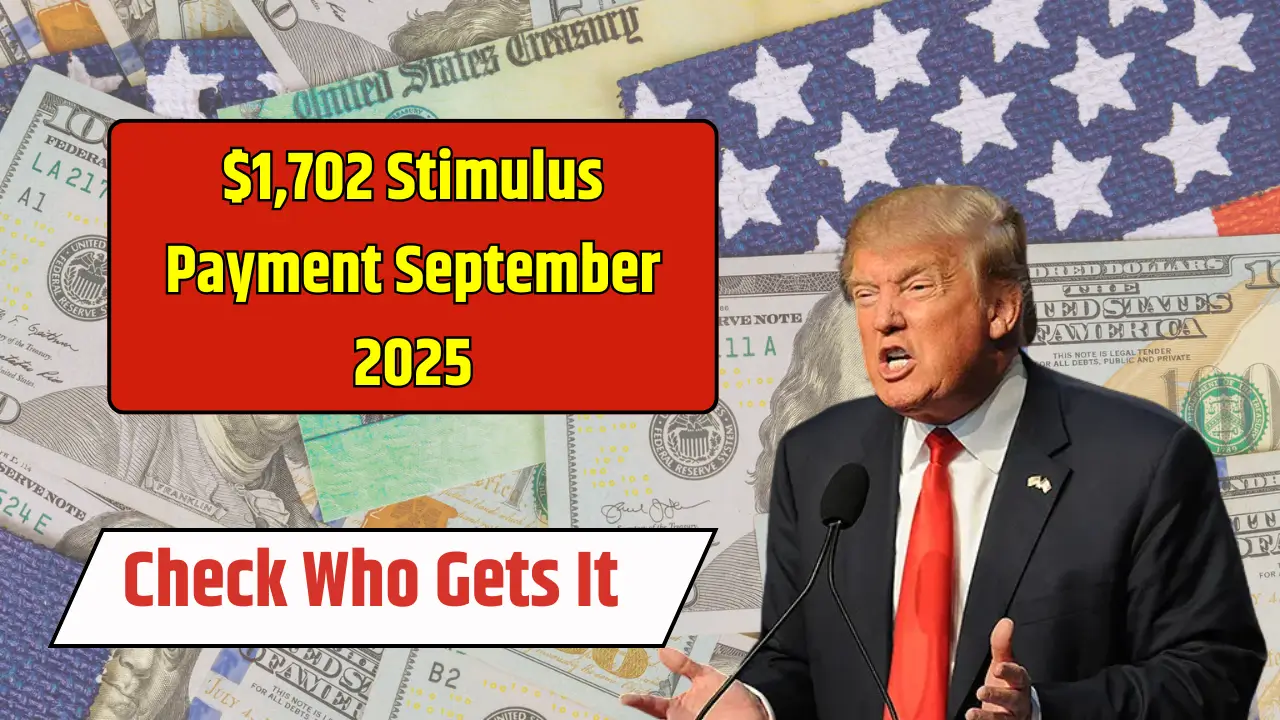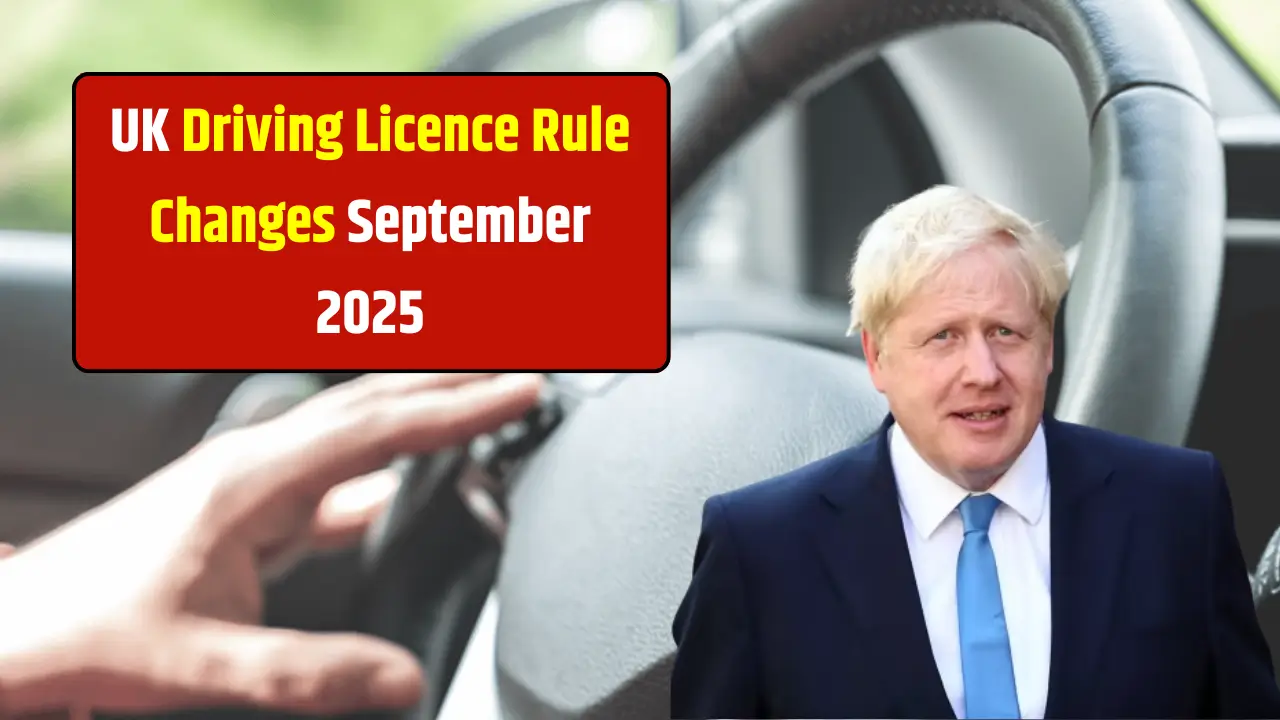The debate around TV licence fees for older citizens continues as new rules in 2025 shape eligibility for free licences across the United Kingdom. Once a universal benefit for all residents aged 75 and above, the free TV licence scheme has undergone major policy changes in recent years.
Now linked to receipt of Pension Credit, the benefit is no longer automatic for all over-75s, raising concerns about fairness, affordability, and access to entertainment and information among senior populations.
As inflation and cost pressures rise, many older people are questioning whether they still qualify and what steps they need to take.
History of the Free TV Licence Scheme
Introduced in 2000, the free TV licence for those aged 75 and older was created to help pensioners cope with media access costs.
The measure was designed to ensure that elderly citizens, many of whom depend significantly on television for information, companionship, and entertainment, could manage expenses without isolation or financial strain.
For nearly two decades, qualifying for this benefit was straightforward: every household with someone over 75 could register and enjoy a free licence regardless of income. However, due to rising costs and government funding changes, the BBC assumed responsibility for financing the scheme in 2020.
Since then, significant reforms have narrowed eligibility, with the benefit now restricted to pensioners receiving means-tested Pension Credit.
New TV Licence Rules in 2025
Under the 2025 guidelines, the basic rule is clear:
- Eligibility is limited to households with at least one person aged 75 or older who is in receipt of Pension Credit.
- Universal entitlement for all over-75s has ended.
This means that pensioners who are not receiving Pension Credit must continue paying the standard TV licence fee.
TV Licence Costs in 2025
The standard licence fee in the UK for 2025 remains at £169.50 per year, following a modest increase from the £159 rate set in 2023. While still one of the lower costs in Europe for public broadcasting, it continues to weigh heavily on pensioners living on fixed incomes.
Eligibility Criteria for Free TV Licence
To qualify, households must meet the following conditions:
- At least one resident must be aged 75 or older.
- The individual must be receiving Pension Credit (Guarantee Credit or Savings Credit).
- Evidence of eligibility must be provided during the application or renewal process.
Eligibility is assessed on a household basis. If the licence holder or anyone living in the household meets these criteria, the free licence applies to the entire home.
Application Process
Getting a free TV licence involves a few specific steps:
- Contact TV Licensing and request an application for an over-75 free licence.
- Provide proof of age along with confirmation that Pension Credit is being received.
- Renew eligibility on an annual basis, as Pension Credit status may change.
The process can be completed online, over the phone, or by post, making it accessible to seniors who may not be comfortable with digital platforms.
Impact on Over-75s
The shift from universal entitlement to means-tested support has had profound effects on older citizens:
- Financial Pressure: Those just above the Pension Credit threshold feel particularly penalised, as they receive no assistance despite facing similar cost pressures.
- Digital Divide: Pensioners relying heavily on TV for entertainment and news risk social isolation if forced to cut back.
- Increased Take-Up of Pension Credit: Some pensioners have been prompted to apply for Pension Credit to access the free licence, potentially giving them access to other benefits they had previously overlooked.
Who Pays and Who Saves in 2025?
The distinction between eligible and non-eligible pensioners has created a financial divide.
| Category | TV Licence Cost (Annual 2025) | Eligibility Status |
| Over 75, receiving Pension Credit | £0 | Free licence entitlement granted |
| Over 75, not receiving Pension Credit | £169.50 | Must pay standard licence fee |
| Under 75 (all households) | £169.50 | Must pay unless exempt by other rules |
This highlights how the means-tested system leaves many over-75 households outside the free scheme, despite age-based pressures such as higher healthcare or utility bills.
Broader Debate and Criticism
The new rules remain controversial. Critics argue the policy undermines fairness by withdrawing a widely valued universal benefit and replacing it with targeted support that excludes thousands of vulnerable pensioners.
- Fairness: Many older citizens who narrowly miss the Pension Credit threshold still face financial difficulties but must shoulder full costs.
- Isolation Risks: TV is often the primary source of companionship and communication, especially for seniors living alone. Removing access through rising costs risks social isolation.
- Political Impact: The TV licence debate has become a recurring issue in general elections, with advocacy groups lobbying for reinstatement of universal access.
Supporters of the reform argue that focusing resources on those financially most in need ensures fairness in a period of strained public finances and rising broadcasting costs.
Alternatives and Support for Pensioners
For those not covered by the free licence scheme, there are still ways to reduce costs:
- Installment Plans: Pensioners can spread licence payments through weekly, monthly, or quarterly instalments.
- Concessionary Schemes: Certain pensioners in sheltered accommodation or care homes may qualify for discounted fees.
- Encouraged Pension Credit Applications: Many over-75s miss out on Pension Credit despite being eligible. Successfully applying not only reduces TV licence fees but also unlocks additional benefits.
International Comparison
Looking at other countries can provide perspective on the UK’s current policy approach:
| Country | Public Broadcasting Fee | Senior Discounts/Exemptions |
| United Kingdom | £169.50 standard, free for 75+ with Pension Credit | Restricted to means-tested seniors |
| Germany | €18.36/month (approx £190/year) | No exemptions for age |
| France | €139/year | Abolished licence fee from 2022 |
| Ireland | €160/year | Free licence for all over-70s |
| Japan | ¥24,800/year (approx £140/year) | Discounts for seniors and disabled households |
This shows that some countries continue to offer age-based exemptions, while others have shifted funding models entirely.
Frequently Asked Questions (FAQs)
1. Are all over-75s still entitled to a free TV licence in the UK?
No. From 2020 onward, only over-75s receiving Pension Credit are eligible.
2. How much is a TV licence in 2025?
The annual TV licence costs £169.50.
3. What happens if I don’t claim my free licence?
If eligible but not registered, you will still be charged. Pensioners must apply to secure exemption.
4. Can I pay in instalments if I’m not entitled to a free licence?
Yes. Various instalment options are available to spread out the cost.
5. Why did the rules change?
The government transferred funding responsibility to the BBC in 2020, leading to changes in eligibility based on financial need rather than age alone.
